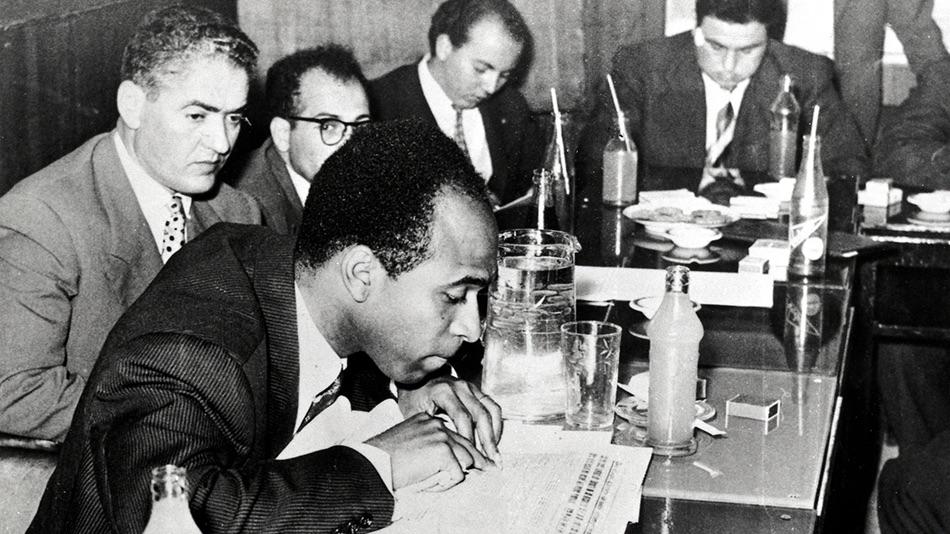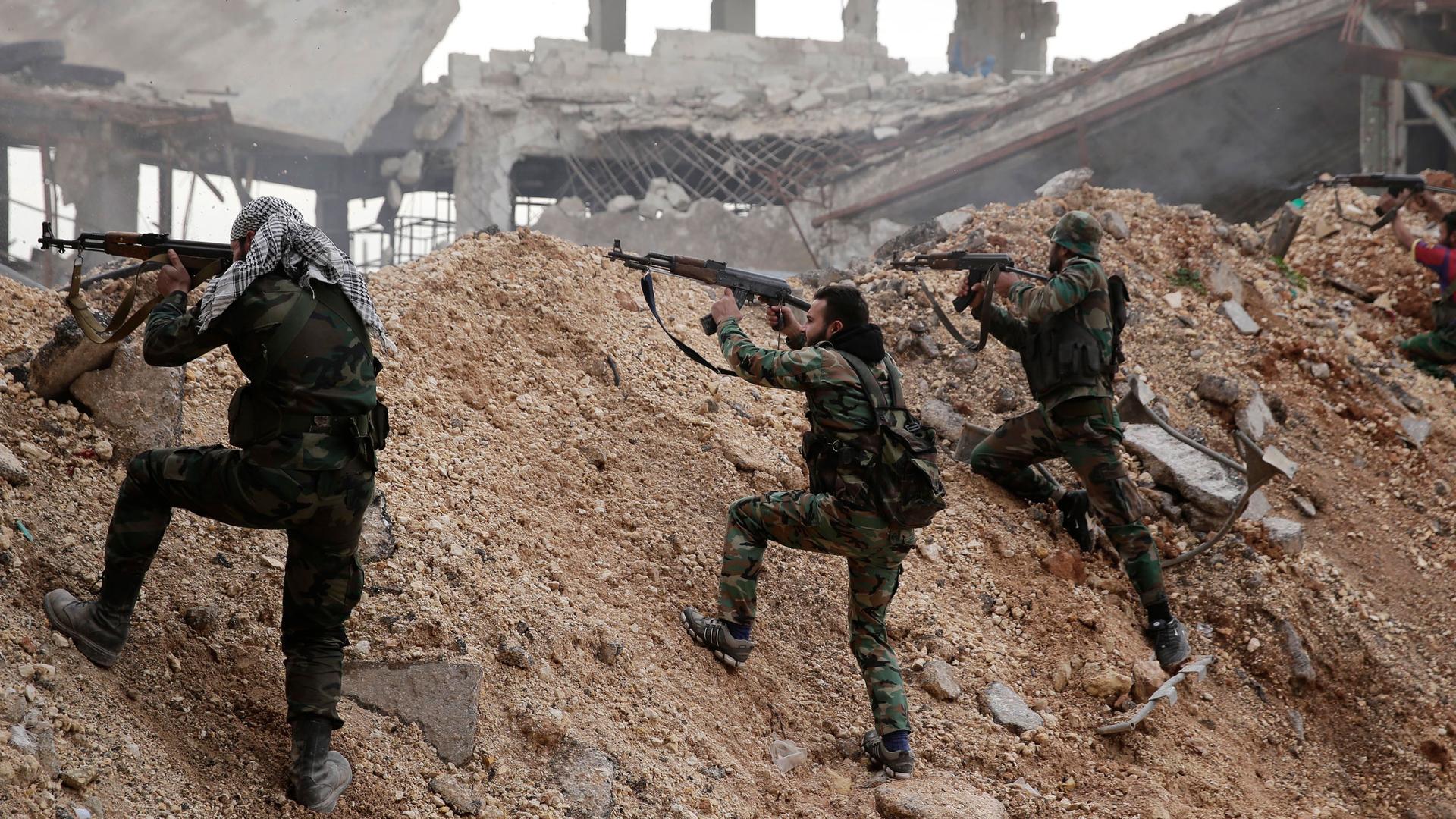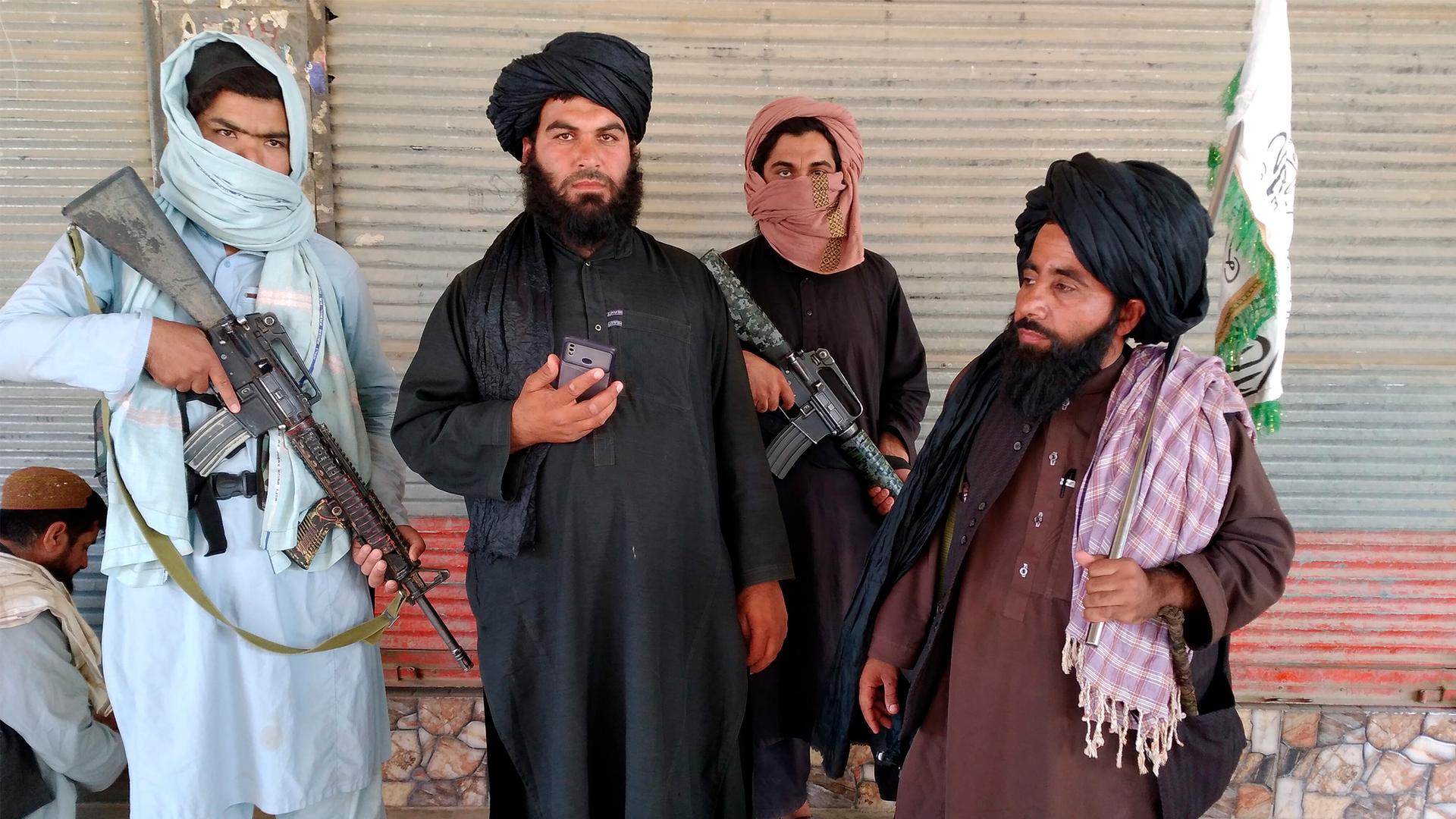Algiers
New book explores the life of psychiatrist and writer Frantz Fanon
Since the latter half of the 20th century, the influence of Frantz Fanon has been felt in fields as distinct as psychiatry and postcolonial studies. A new book explores the “revolutionary lives” of the psychiatrist, writer and anti-colonial rebel, whose understanding of identity evolved through his travel and experiences, including confronting colonial hierarchies as a person of color in postwar France, and eventually joining the Algerian War of Independence. Host Marco Werman learned more from Adam Shatz, author of “The Rebel’s Clinic: The Revolutionary Lives of Frantz Fanon.”
We want to hear your feedback so we can keep improving our website, theworld.org. Please fill out this quick survey and let us know your thoughts (your answers will be anonymous). Thanks for your time!
Algerian artists are ‘exposing the scars’ of the country’s recent civil war
Not too long ago, Algeria fought a traumatizing civil war between the country’s military and Islamist militias, now commonly called the “Black Decade.” Today, a younger generation of Algerians is trying to reconcile the country’s trauma through art, but the government has a policy of overlooking it.
Algeria’s contemporary artists strive to make their own space
In the white-washed buildings of Algiers, a creative community is flourishing — no thanks to the government. Algerian authorities spend hundreds of millions of dollars to promote culture, but keep a tight rein on what kind of culture is supported. Despite this, the country has seen a slow emergence of an independent contemporary art scene.
Algeria’s presidential election is less revolution and more ‘Weekend at Bernie’s’
Algerians who are interested in their current election — and there aren’t many, really — were greeted with a surreal scene of their little seen president being wheeled into a voting booth to cast a ballot for his own re-election. Slowly, Algerians are trying to bring change to a country that’s been ruled by the same many for almost 15 years.Algerians who are interested in their current election — and there aren’t many, really — were greeted with a surreal scene of their little seen president being wheeled into a voting booth to cast a ballot for his own re-election. Slowly, Algerians are trying to bring change to a country that’s been ruled by the same many for almost 15 years.
Subscribe to The World’s Latest Edition podcast for free using your favorite podcast player:


